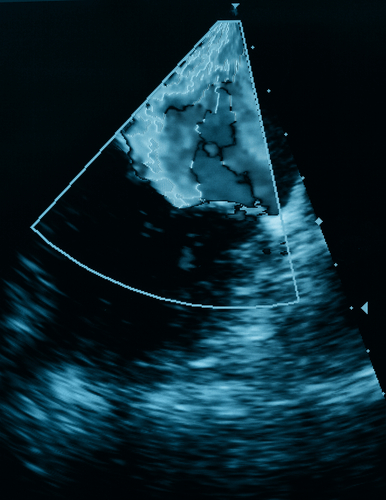
A new study examining possible health risks to babies born within 10 miles of hydraulically fractured oil and gas wells was released January 28.
The study titled “Birth Outcomes and Maternal Residential Proximity to Natural Gas Development in Rural Colorado,” found that the risk for certain birth defects increased by as much as 30 percent for babies born within 10 miles of hydraulically fractured oil and gas wells.
More than 15 million people currently live within one mile of an oil and gas well that has been drilled and fracked since the year 2000. Many times that many Americans live within ten miles of such a well.
The study, which was headed by Lisa McKenzie, Department of Environmental and Occupational Health, Colorado School of Public Health, used Colorado Department of Public Health and Environment (CDPHE) data to examine more than 124,000 births between 1996 and 2009.
Almost immediately upon the release of the study, representatives from CDPHE went public criticizing the research and the researchers. The Colorado Oil and Gas Association also criticized the study.
Gary Wockner, director of Clean Water Action’s Colorado program, told Boulder Weekly in an email, “I am absolutely stunned that the Hickenlooper administration would launch this broad-scale attack on the medical researchers at the University of Colorado. That Hickenlooper’s appointee is telling pregnant women to disregard this study is seriously questionable.”
For more information on the study and controversy, go to
http://tinyurl.com/lrmq4fp.














